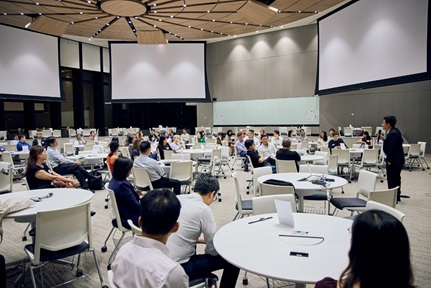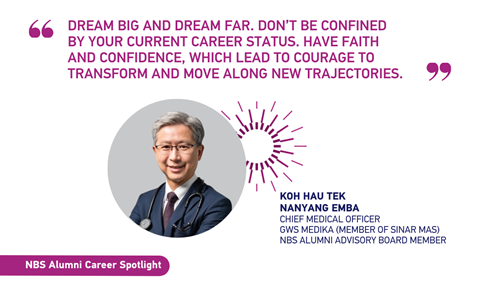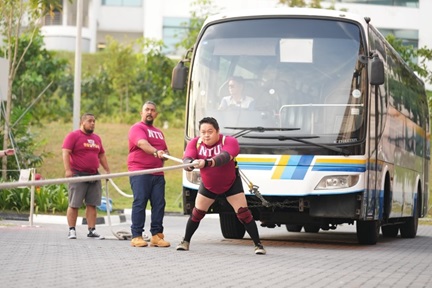Entrepreneurs quicker to build trust, adapt to bad situations than non-entrepreneurs
A study led by Prof Boh Wai Fong and Assoc Prof Georgios Christopoulos has demonstrated entrepreneurs have different behavioural traits and operate with different levels of trust when compared to non-entrepreneurs
Entrepreneurs are quicker to build trust and adapt to bad situations in work-related situations than non-entrepreneurs, according to a recent study led by the Nanyang Technological University (NTU).
The researchers found that entrepreneurs - individuals who start new businesses - also recovered more easily from losing trust in business dealings.
The study suggests that entrepreneurs, or those with entrepreneurial qualities, may be stronger candidates for roles in companies that deal with fast-paced decision-making.
Results from the study, which was supported by the National Research Foundation's science of research, innovation and enterprise programme, were shared by NTU researchers on Tuesday (Dec 21).
The study was conducted from 2016 to 2020 with 416 participants in Singapore, who were categorised as entrepreneurs, managers and professionals based on their occupations.
Participants went through a role-playing experiment with several rounds of business transactions, where they had to decide how much money they would entrust for investments to an agent, who displayed different levels of trustworthiness.
While comparable levels of initial trust were seen among the different groups, entrepreneurs were found to build trustworthy relationships faster by increasing their investments by around 50 per cent, compared with 21 per cent for managers and 35 per cent for professionals.
This showed that they were more trusting and willing to build a partnership.
At the same time, the study noted that entrepreneurs were quicker to react if their business partners displayed dishonesty, with their investments decreasing more sharply compared with that of managers and professionals.
The researchers said this showed entrepreneurs were quick to adapt to bad situations, especially those that would lead to losses or the detriment of their business.
Overall, the study's results suggest that entrepreneurs are more alert to behaviours that signal changes in trust, and react more quickly to such developments, than professionals and managers.
This makes them stronger candidates for roles in companies that deal with fast-paced decision-making, the researchers noted.
NTU's Nanyang Business School deputy dean Boh Wai Fong, who co-led the study, said: "Understanding the trust dynamics of entrepreneurs highlights their innate business acuity when conducting business, including being able to sense and avoid fraud, and quickly cultivating trust again after a setback."
Associate Professor Georgios Christopoulos from Nanyang Business School, who also co-led the study, noted that entrepreneurs' brains have adapted in a way that allows them to quickly monitor the social environment and send stronger social signals to their business partners.
"We believe that this mindset can be realised by conditioning human behaviour - and we are working towards that goal now," he said.
Elaborating on the study's implications for companies' hiring decisions, Prof Boh added that it may be more suitable for firms to assign someone with entrepreneurial skills to develop partnerships in situations requiring quick reactions and response times due to highly uncertain conditions.
NTU said the research team plans to extend the study to explore the possibilities of using other approaches to further examine the trust behaviours of entrepreneurs and non-entrepreneurs.
They also seek to expand their research to other countries and run the experiment in organisations to help firms earmark executives with better entrepreneurial or managerial traits.
Source: The Straits Times





.tmb-listing.png?Culture=en&sfvrsn=64dc3641_1)
